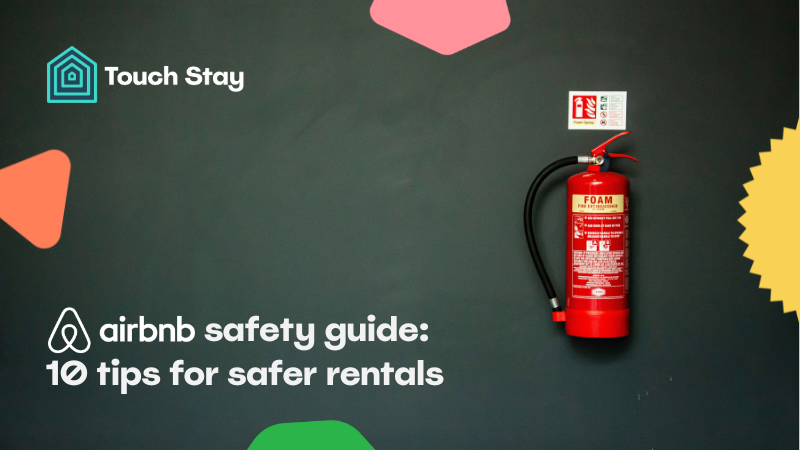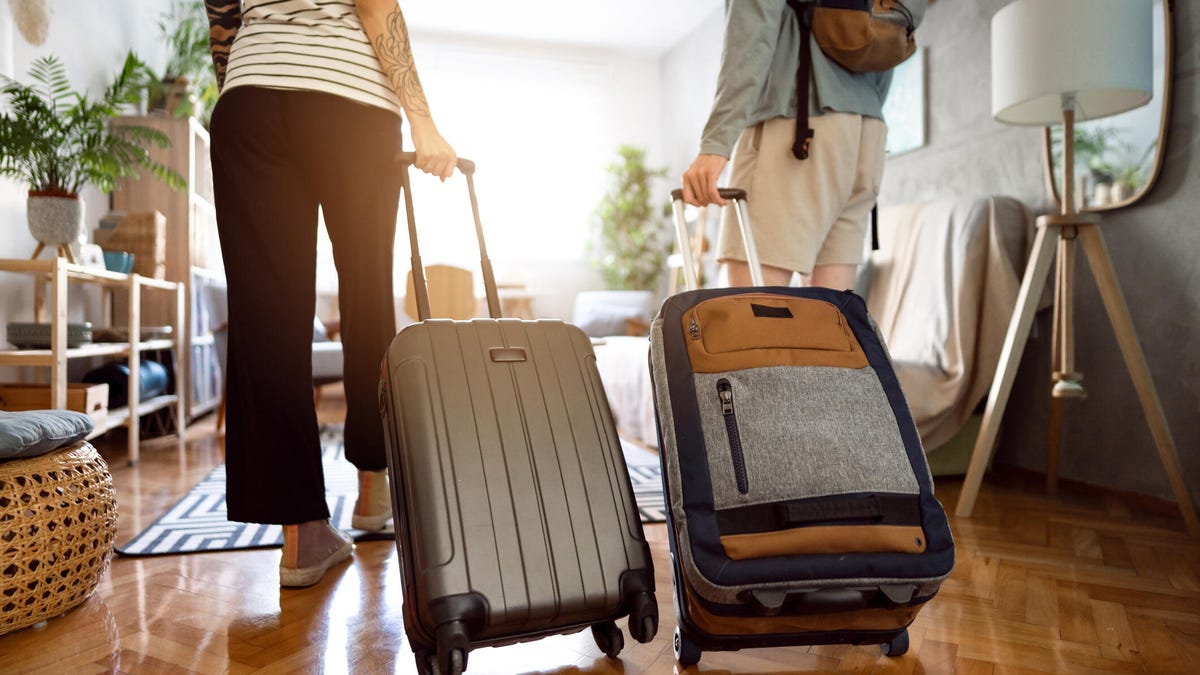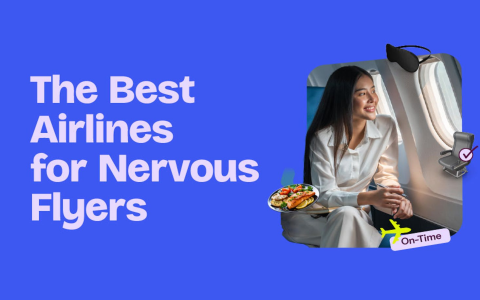You know, when I first started using Airbnbs for trips abroad, I was pretty much a ‘click and go’ kind of person. Saw some nice pictures, price was right, bam, booked. Didn’t really dig much deeper. Thought, “Hey, it’s just a place to sleep, right?” Well, let me tell you, a few less-than-stellar experiences later – nothing horror-story level, thankfully, but enough to make me feel a bit uneasy – I realized I needed to be a bit smarter about it. It’s not like a hotel with a security guy downstairs, you know? You’re kinda on your own in someone else’s place, often in a country where you don’t speak the language fluently.

So, I’ve sort of developed this little system. It’s not rocket science, mostly just common sense stuff that I now do religiously. It’s all about feeling secure so you can actually enjoy your trip.
First off, before I even think about hitting that ‘book’ button, I turn into a bit of a detective. I don’t just glance at the reviews anymore. Nah, I really read them. Especially the ones that aren’t glowing five-stars. Those three or four-star reviews? That’s where the gold is. People often mention the real quirks there – “neighborhood felt a bit sketchy at night” or “host was a bit too nosey.” I also check out the host’s profile. How long have they been doing this? Are they a ‘Superhost’? Sounds silly, but it often means they’ve got a track record.
Then there’s the location. Pictures can be deceiving, can’t they? So, I use Google Street View. I ‘walk’ around the block, see what’s actually there. Is it a dark alleyway or are there cafes, shops, people around? Sometimes I even try to find local crime stats if I’m going to a new city. Overkill? Maybe. But I sleep better.
And I always, always send the host a message before booking. Just a simple question, maybe about the Wi-Fi or checking in. You can tell a lot from how they reply, or if they even reply promptly. It’s a good first filter.
Okay, so let’s say I’ve booked it and I’ve arrived. First thing I do when I walk in, even before I unpack, is a quick sweep of the place. I check the locks on the doors – do they feel sturdy? Windows too. Are there smoke detectors? Carbon monoxide detector? Sounds like a checklist from a boring safety manual, but seriously, these things matter. I also quickly figure out where the fire escape is, or at least an alternative way out if the main door is blocked. Just a quick mental note.

When it comes to my stuff, I don’t flash cash or expensive gadgets around. If there’s a safe, I use it for my passport and extra cash. If not, I find a decent hiding spot or just keep really important things on me when I go out. And my Wi-Fi habits have changed too. I never do any online banking or access sensitive stuff on the Airbnb Wi-Fi without using a 加速器. Learned that lesson the hard way a while back – not an Airbnb fault, just a general travel boo-boo.
Another thing, and this is super important: I always make sure someone back home has the full address of where I’m staying. My partner, a family member, a close friend. And I make it a point to send a quick “all good” message regularly. Just so someone knows my whereabouts and that I’m okay.
During the stay, it’s mostly about being aware. You know, basic street smarts. Pay attention when you’re coming and going, especially at night. Try not to look like a lost tourist, even if you are. And with the host, I keep interactions polite and friendly, but I don’t overshare my daily plans or personal details. Keep it professional, you know?
It might sound like a lot of fuss, but honestly, these little things have become second nature. And doing them means I can relax and actually enjoy being in a new place, instead of worrying about “what ifs.” It’s made my Airbnb stays way better, and definitely safer. Or at least, I feel a heck of a lot safer, and that’s what counts, right?









